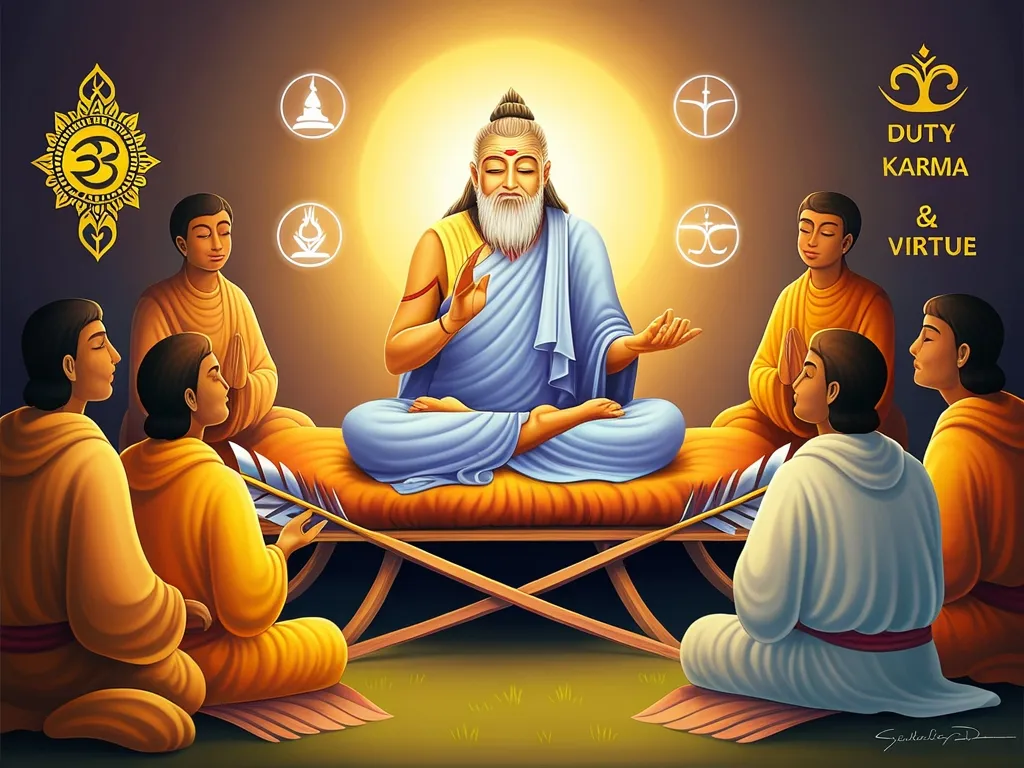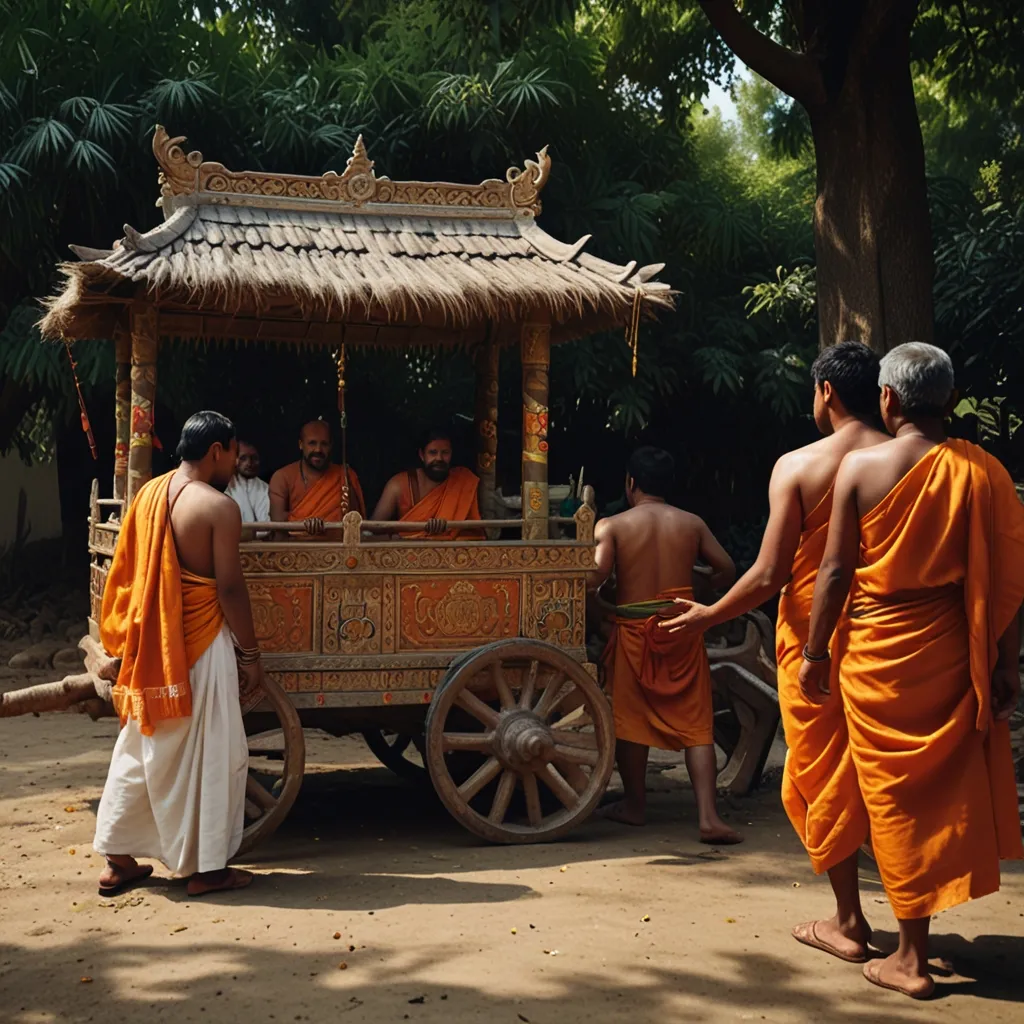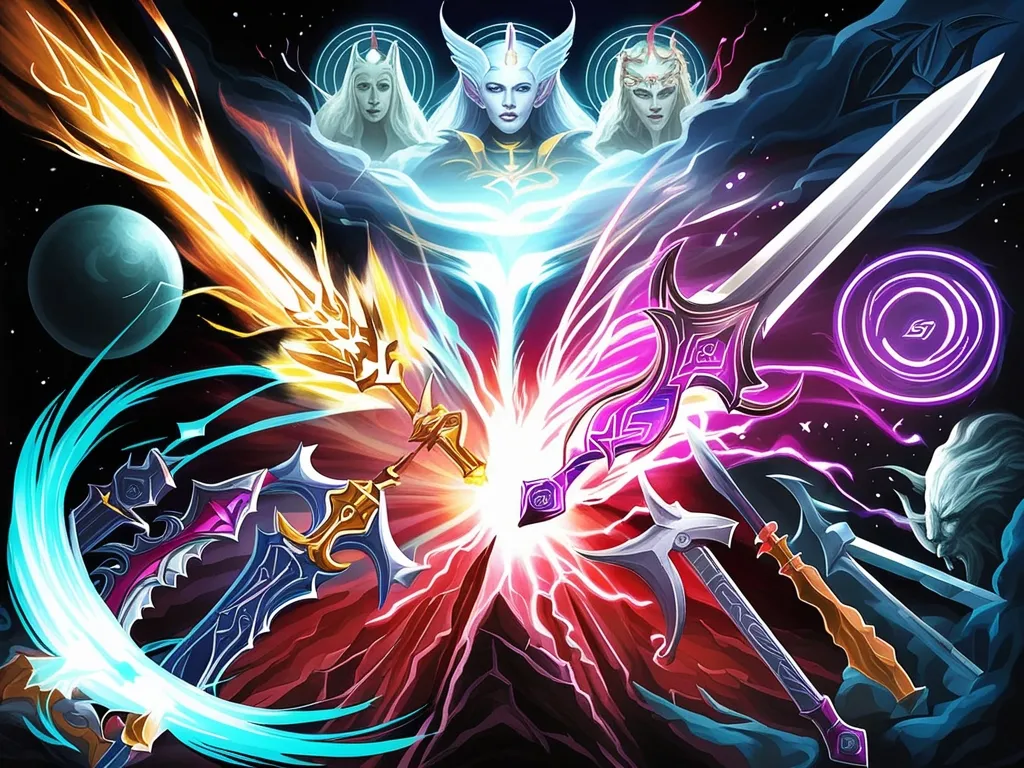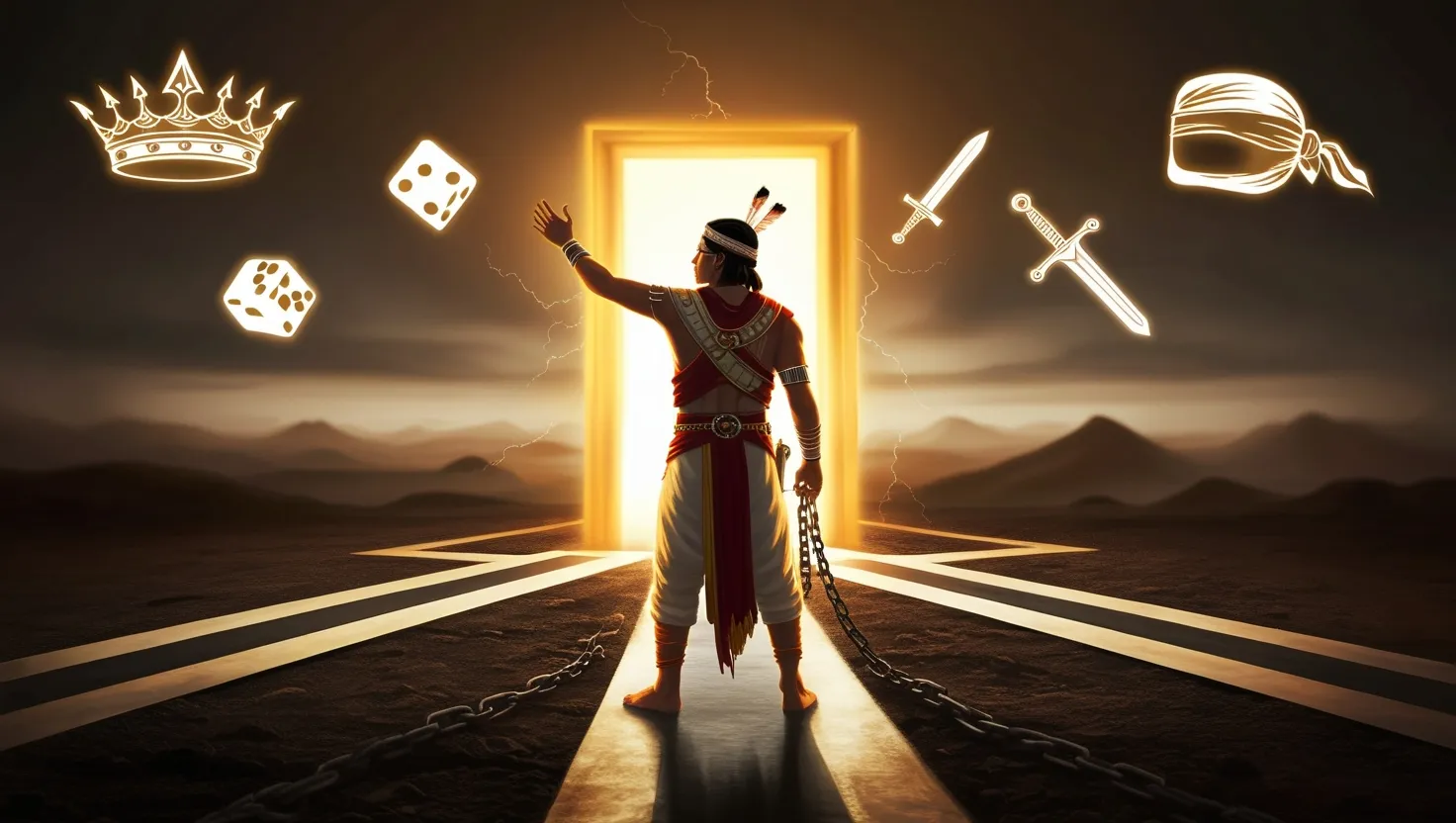As we delve into the vast and intricate tapestry of the Mahabharata, one of the most fascinating yet often overlooked sections is the Anushasana Parva. This thirteenth book of the epic is a treasure trove of ancient wisdom, offering insights that are as relevant today as they were in the time of its composition.
The Anushasana Parva is set against the poignant backdrop of Bhishma, the venerable grandsire of the Kuru family, lying on his bed of arrows. As he prepares to leave this world, Bhishma imparts his final instructions to Yudhishthira and the other Pandavas. These teachings are not merely a set of rules or precepts but a deep exploration of the human condition, delving into the complexities of moral dilemmas, social duties, and the art of governance.
One of the most compelling aspects of the Anushasana Parva is its discussion on the duties of a ruler. Bhishma’s advice to Yudhishthira is not limited to the mechanics of ruling a kingdom but extends to the ethical and moral responsibilities that come with power. He emphasizes the importance of justice, charity, and the well-being of the subjects. For instance, Bhishma advises that a king should be like a father to his people, ensuring their protection and prosperity. This paternal role is not just about providing for the physical needs but also about fostering a sense of community and moral integrity.
The parva also delves into the intricate dance between action and consequence, a theme that resonates deeply with modern challenges. Bhishma discusses the concept of karma, highlighting the interplay between free will and destiny. He uses the metaphor of seeds to explain how our actions in this life can shape our future. Just as good seeds yield good fruits and bad seeds yield weeds, our choices determine the outcomes we face. This teaching is a powerful reminder that our actions have consequences and that we must be mindful of the path we choose.
Another significant aspect of the Anushasana Parva is its exploration of various types of marriages and their merits. Bhishma discusses the different forms of marriage, from the most revered Brahmana marriage to the less desirable forms like the Rakshasa and Paisacha marriages. This discussion is not merely a historical or cultural curiosity but a reflection on the values and principles that underpin human relationships. It underscores the importance of mutual respect, consent, and the societal norms that govern our interactions.
The parva is also rich in symbolic tales and legends that serve as moral lessons. One such story is the legend of Nachiketa, a young boy who seeks wisdom from the god of death, Yama. Nachiketa’s quest for knowledge and his bravery in the face of death are powerful metaphors for the human search for meaning and the importance of living a virtuous life. These stories are woven into the fabric of the Anushasana Parva, making it a vibrant and engaging text that goes beyond mere instruction.
Bhishma’s reflections on social duties are equally insightful. He discusses the roles and responsibilities of different members of society, from the ruler to the common citizen. His teachings emphasize the importance of cooperation and mutual respect, highlighting that a society functions harmoniously when each individual fulfills their duties. This is particularly relevant in today’s world, where the concept of community and social responsibility is often overlooked in favor of individual pursuits.
The Anushasana Parva also touches upon the theme of personal growth and self-realization. Bhishma’s advice to Yudhishthira is not just about ruling a kingdom but about leading a balanced and meaningful life. He stresses the importance of self-control, compassion, and wisdom. These qualities are essential for personal growth and are as relevant today as they were in ancient times. In a world where stress and anxiety are rampant, Bhishma’s teachings offer a timeless wisdom that can guide us towards a more balanced and fulfilling life.
One of the most moving moments in the Anushasana Parva is the description of Bhishma’s final moments. As he lies on his bed of arrows, surrounded by the Pandavas and other sages, he exudes a sense of peace and contentment. His consciousness is fixed on Lord Krishna, and his body glows with an effulgent light. This scene is a powerful reminder of the importance of living a life of virtue and devotion, and it serves as a model for how one should approach the end of life with dignity and grace.
The Anushasana Parva concludes with Bhishma’s passing and the funeral rites performed by the Pandavas. This final act is a poignant reminder of the cycle of life and death, and it underscores the importance of honoring our ancestors and respecting the natural order of things.
As we reflect on the Anushasana Parva, it becomes clear that this section of the Mahabharata is more than just a collection of ancient teachings. It is a living, breathing guide to human existence, offering insights that are as relevant today as they were in the past. Bhishma’s wisdom is a beacon that can guide us through the complexities of modern life, encouraging us to live with integrity, compassion, and wisdom.
In exploring the Anushasana Parva, we discover fresh perspectives on justice, charity, and the intricate dance between action and consequence. This lesser-discussed gem of the Mahabharata inspires new ways of thinking about the ethical dimensions of human existence, reminding us that ancient wisdom continues to shape our contemporary values. As we navigate the challenges of our own time, the teachings of Bhishma serve as a powerful reminder of the enduring importance of virtue, duty, and the pursuit of a meaningful life.






